The Bank of Canada today held its target for the overnight rate at 2.25%, maintaining the Bank Rate at 2.5% and the deposit rate at 2.20%. The decision reflects the Bank’s view that current monetary policy remains appropriately calibrated as inflation stays close to target and the economy continues to adjust to global and domestic pressures.
Global Economic Conditions
Major economies worldwide continue to demonstrate resilience to US trade protectionism, although uncertainty remains elevated. In the United States, economic growth is being supported by strong consumer spending and a surge in investment related to artificial intelligence. However, the recent US government shutdown contributed to volatility in quarterly growth figures and delayed the release of key economic data, while tariffs have created some upward pressure on US inflation.
In the euro area, economic growth has been stronger than anticipated, with the services sector showing particular resilience. In contrast, China’s growth is being weighed down by soft domestic demand, including continued weakness in the housing market. Overall, global financial conditions, oil prices, and the Canadian dollar remain roughly unchanged since the Bank’s October Monetary Policy Report (MPR).
Canadian Economic Outlook
Canada’s economy recorded a surprisingly strong 2.6% growth in the third quarter, despite flat final domestic demand. This increase in GDP largely reflected volatility in trade activity. Looking ahead, the Bank expects final domestic demand to strengthen in the fourth quarter; however, an anticipated decline in net exports means overall GDP growth is likely to remain weak in the near term. Growth is forecast to pick up in 2026, though uncertainty remains high and significant swings in trade may continue to generate quarterly volatility.
Labour Market Conditions
The Canadian labour market is showing early signs of improvement. Employment has posted solid gains over the past three months, and the unemployment rate declined to 6.5% in November. That said, conditions remain uneven. Job markets in trade-sensitive sectors continue to face challenges, and hiring intentions across the broader economy remain subdued.
Inflation Trends
CPI inflation slowed to 2.2% in October, driven by declining gasoline prices and more moderate increases in food prices. Inflation has been close to the 2% target for more than a year, while measures of core inflation remain within a 2½% to 3% range. The Bank assesses that underlying inflation is still around 2½%.
In the near term, CPI inflation is expected to move higher due to the temporary effects of last year’s GST/HST holiday on the prices of certain goods and services. Looking beyond these short-term fluctuations, the Bank expects ongoing economic slack to largely offset cost pressures associated with the reconfiguration of trade, keeping CPI inflation close to the 2% target.
Policy Outlook
If inflation and economic activity evolve broadly in line with the October projection, the Governing Council views the current policy rate as “about the right level” to keep inflation near 2% while supporting the economy through this period of structural adjustment. Uncertainty remains elevated, and the Bank has reiterated that it is prepared to respond should the outlook change.
Above all, the Bank of Canada remains focused on ensuring that Canadians continue to have confidence in price stability during this period of global upheaval.


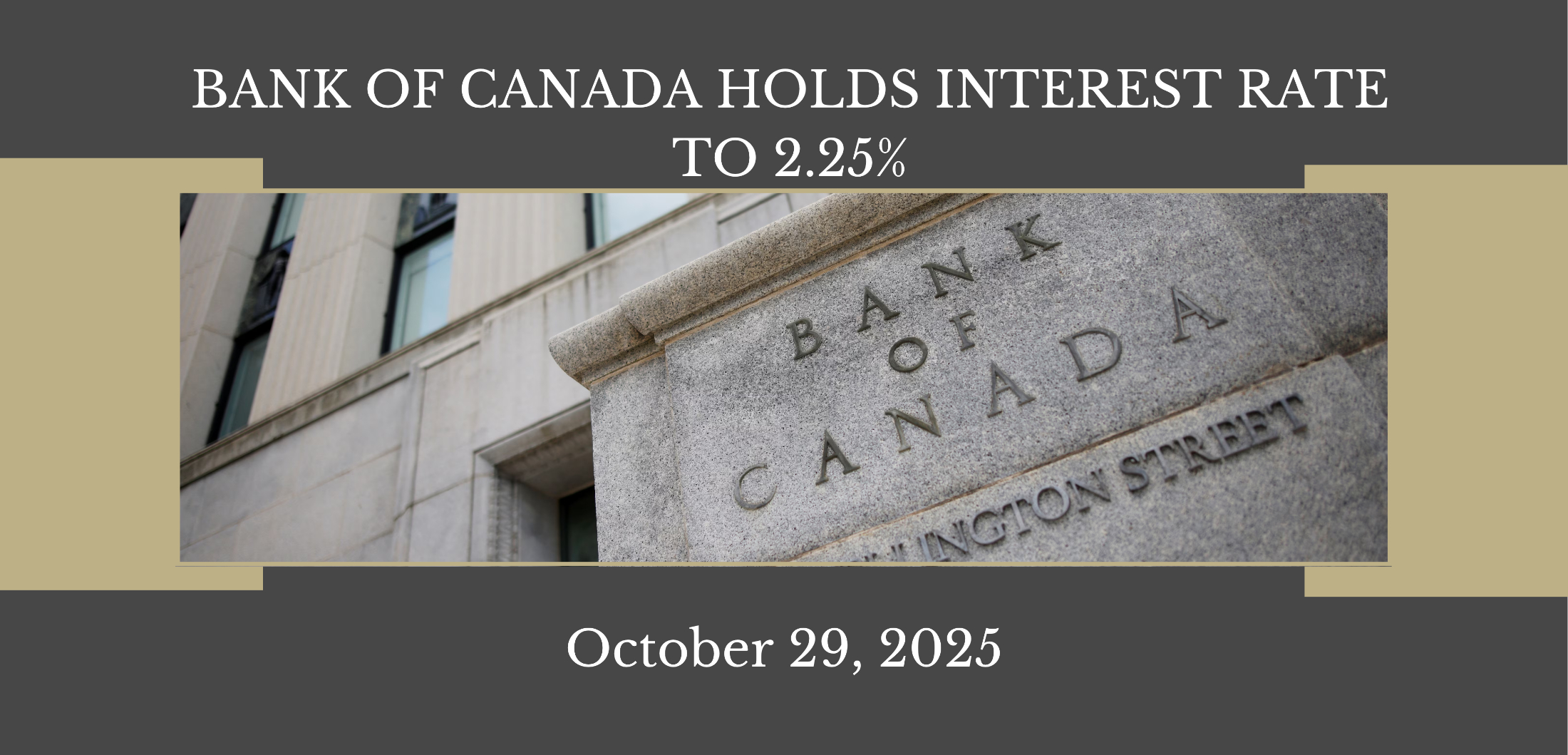
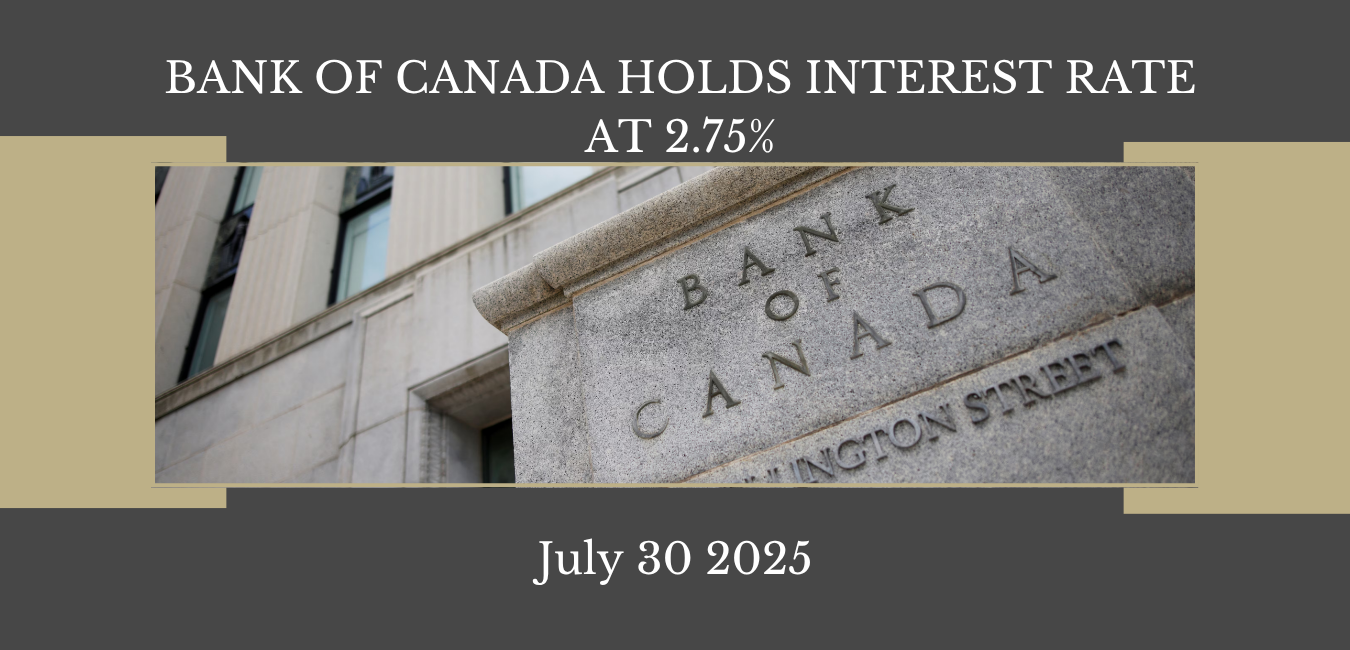
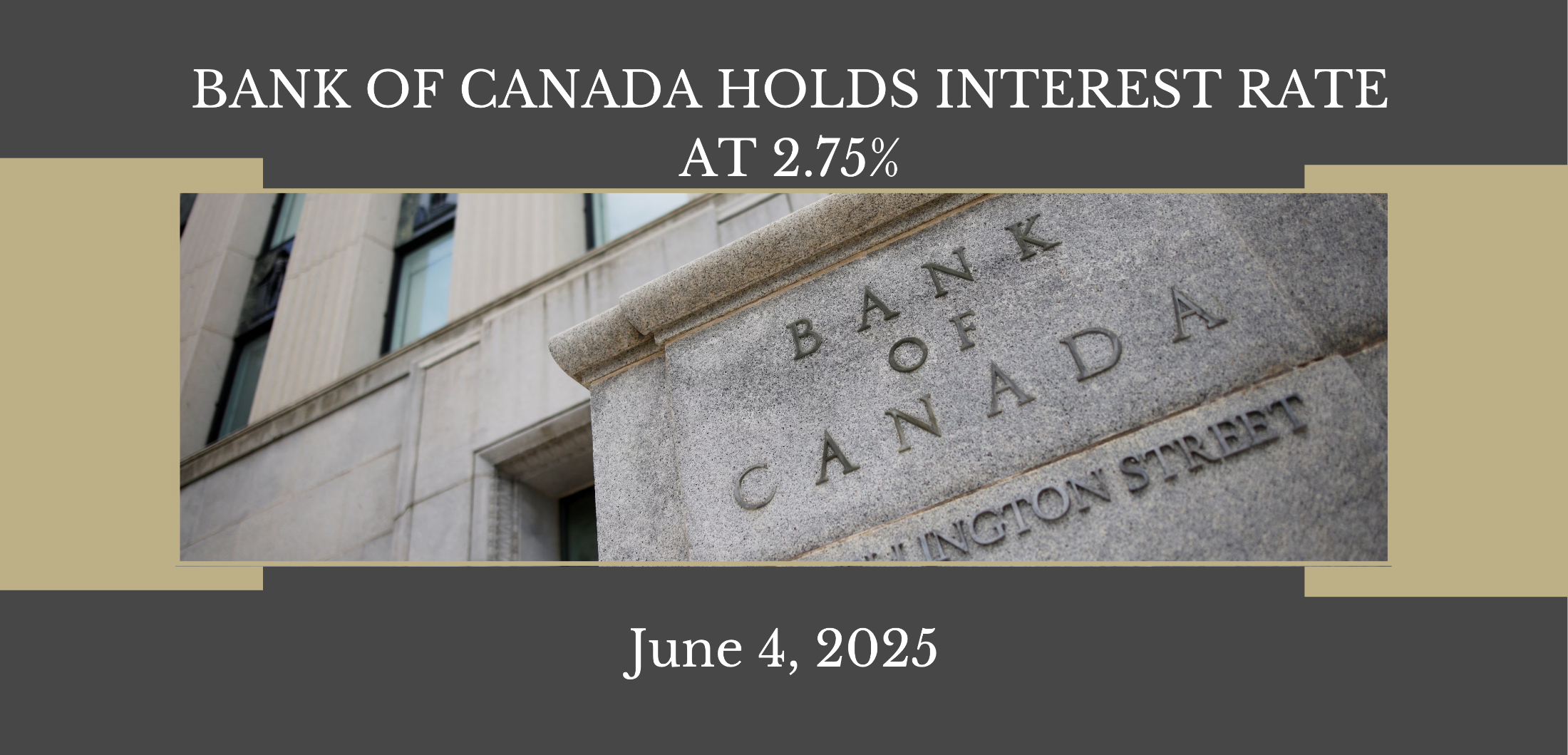


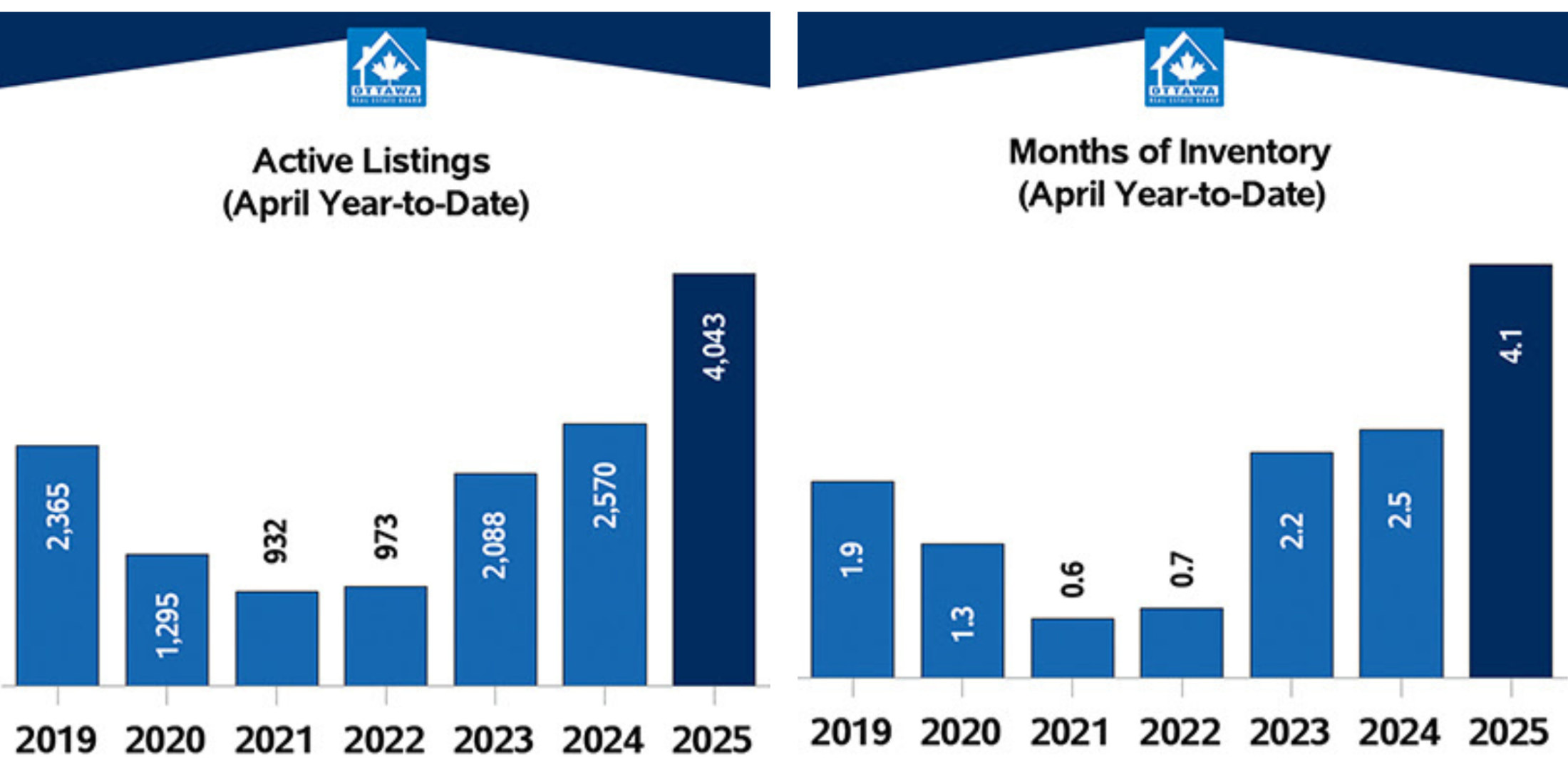
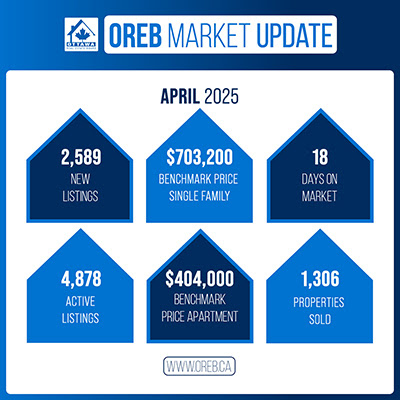
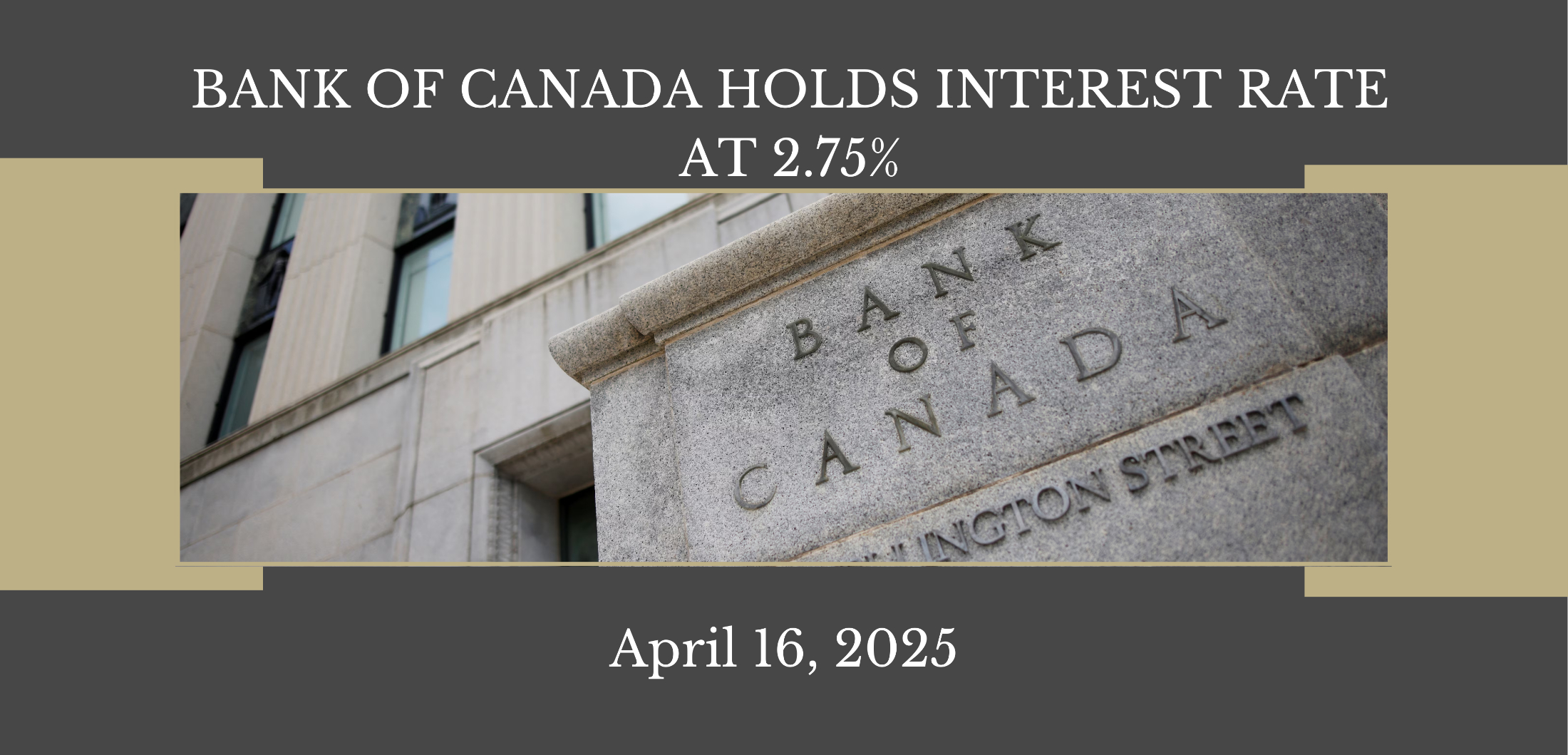

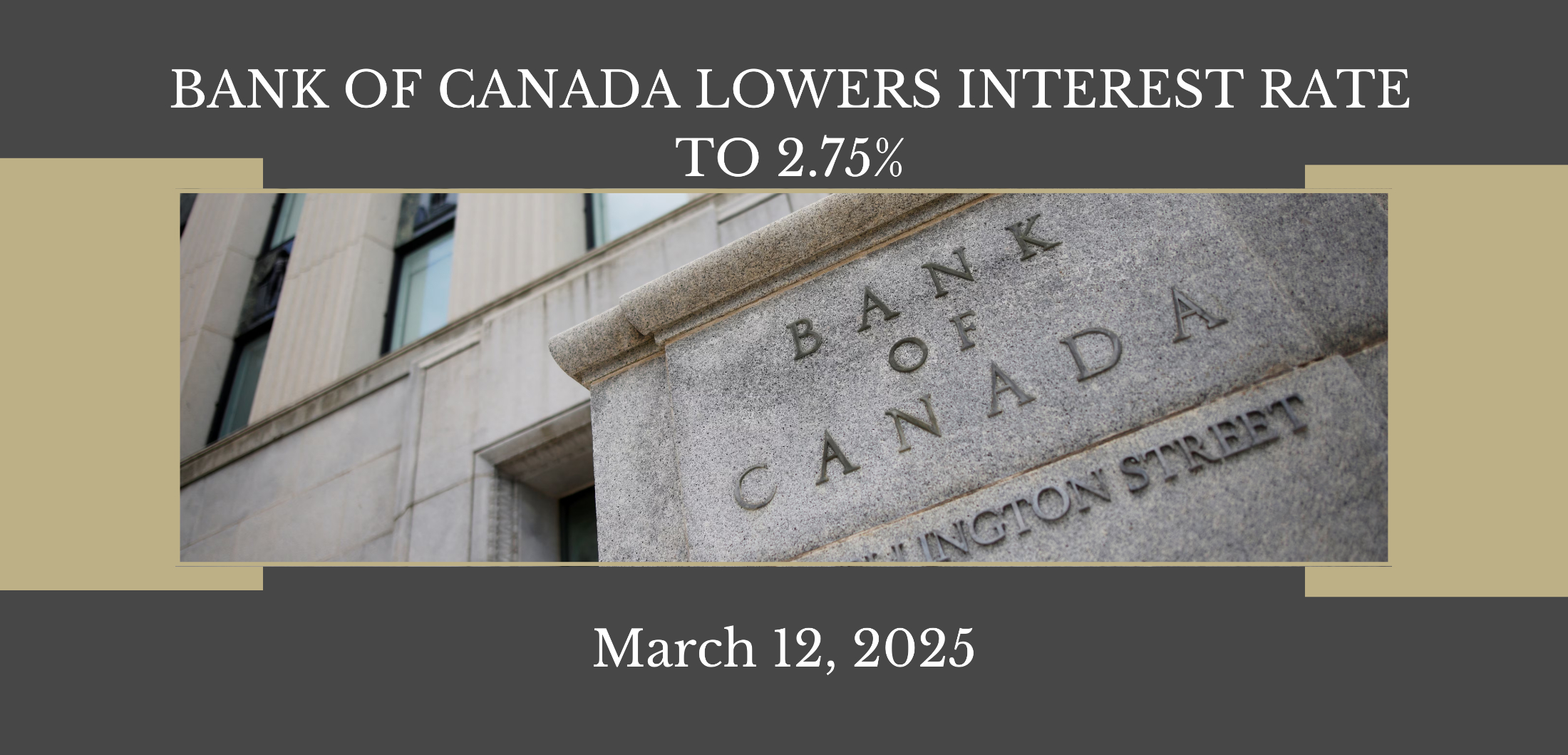



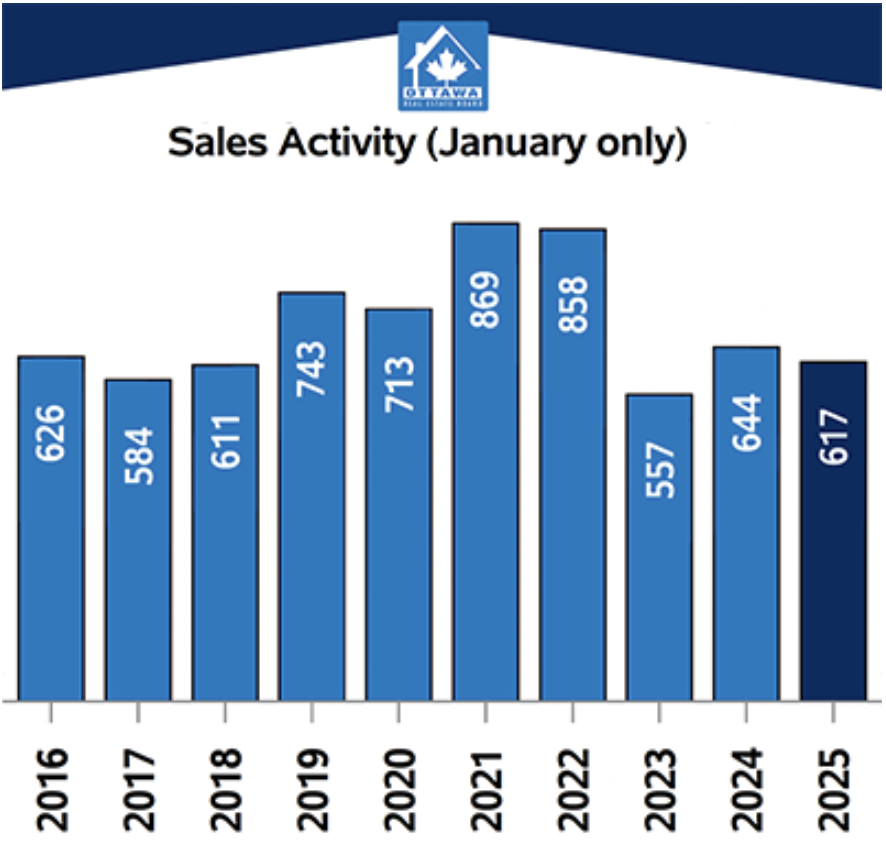









.png)
